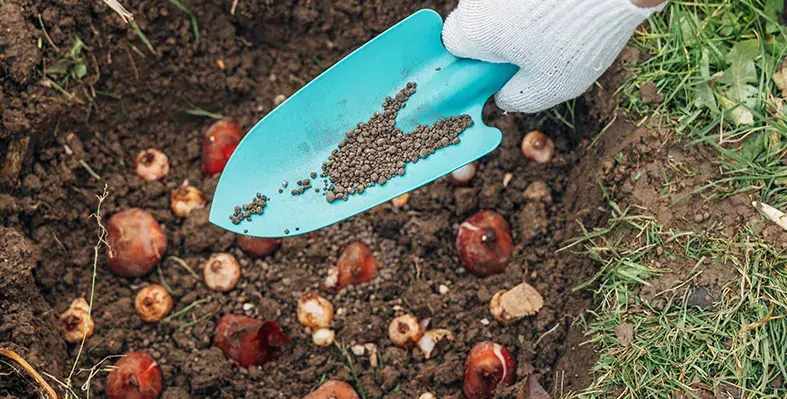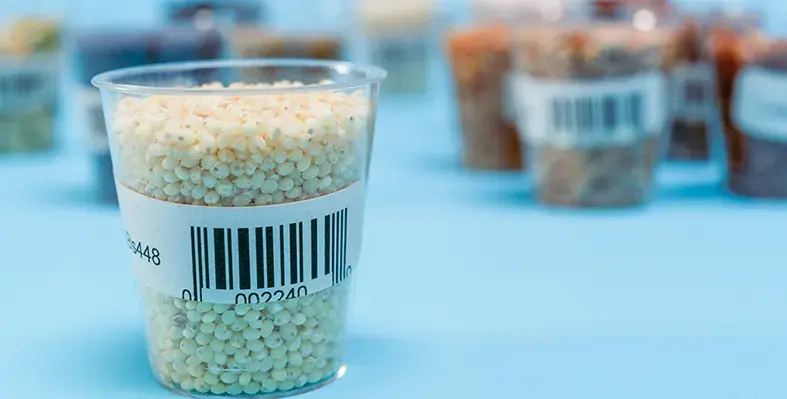Kenya has taken a major leap toward transforming its agricultural future with the launch of a groundbreaking green fertiliser project at Olkaria in Naivasha, Nakuru County
William Ruto, President led the ceremony marking the start of construction for the US$800mn green ammonia fertiliser plant - a partnership between China’s Kaishan Group and the Kenya Electricity Generating Company Limited (KenGen).
For years, farmers across the country have struggled with the high cost and unpredictable supply of fertiliser challenges that have often left them at the mercy of fluctuating global markets. Once complete, this new factory will produce 480,000 tonnes of fertiliser annually that’s more than 9 million 50kg bags providing local farmers with a more stable and affordable supply.
Ruto said,“these challenges have inflated food costs, reduced yields, and strained household incomes.”
The project is a direct response to Kenya’s heavy dependence on imported fertiliser. In 2023 alone, the country imported more than 600,000 metric tonnes, and by mid-2025, that figure had already reached 443,000 tonnes, costing nearly US$60bn. Ruto said, “Each shipment represents a cost to our Treasury and a lost opportunity for our people. Today's event marks a decisive step toward self-sufficiency and resilience in fertiliser production.”
What makes this plant particularly remarkable is its clean-energy foundation. It will draw 165 megawatts of geothermal power from Olkaria’s abundant underground heat to synthesise green ammonia and convert it into fertiliser the first project of its kind in Africa.
This innovation isn’t just about farming; it’s about sustainability. Ruto highlighted that the plant will prevent over 600,000 tonnes of carbon dioxide emissions every year, the same as taking 130,000 petrol cars off the road. Beyond its environmental benefits, the construction phase alone will create over 2,000 jobs, with a strong emphasis on hiring from local communities.
Ruto reaffirmed that the investment is both green and economically viable, projecting US$13mn in annual profits for KenGen. It’s also expected to open new doors in carbon credit trading, giving Kenya a stronger foothold in international climate finance markets.
“Green fertiliser will give Kenyan exports a competitive edge, open new markets for our agri-business, and strengthen our position in global value chains,” he said.
More broadly, the project sends a strong message to global investors. “It demonstrates investor confidence in Kenya and gives us an indication of what investors are looking for,” the President said.
He called on Kenyans to support the proposed National Infrastructure Fund and Sovereign Wealth Fund, which aim to raise US$4.5 trillion for vital road, dam, and energy projects.
Ruto concluded, “Together, we are called upon to dream boldly, act decisively, and deliver a future of shared prosperity.”









